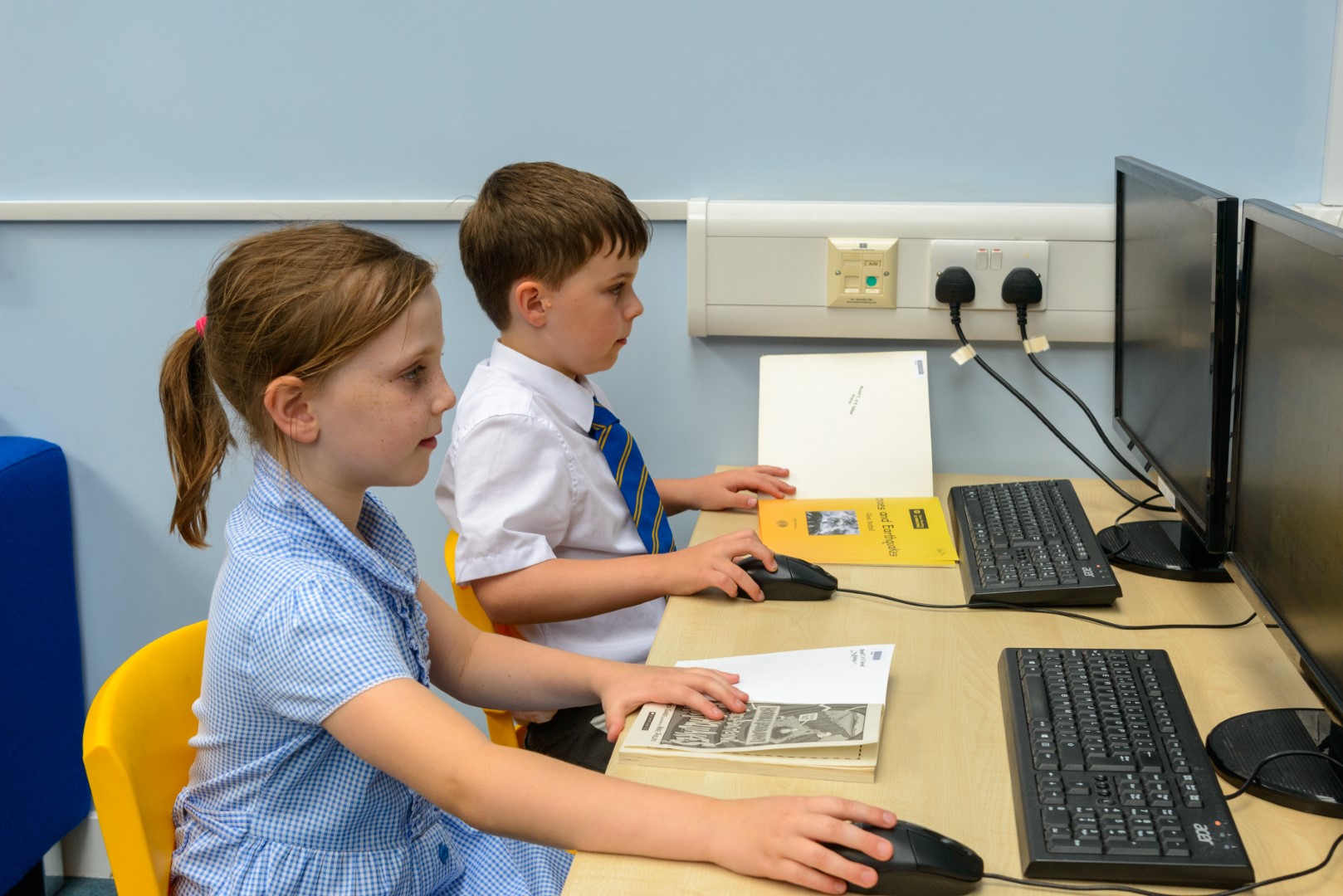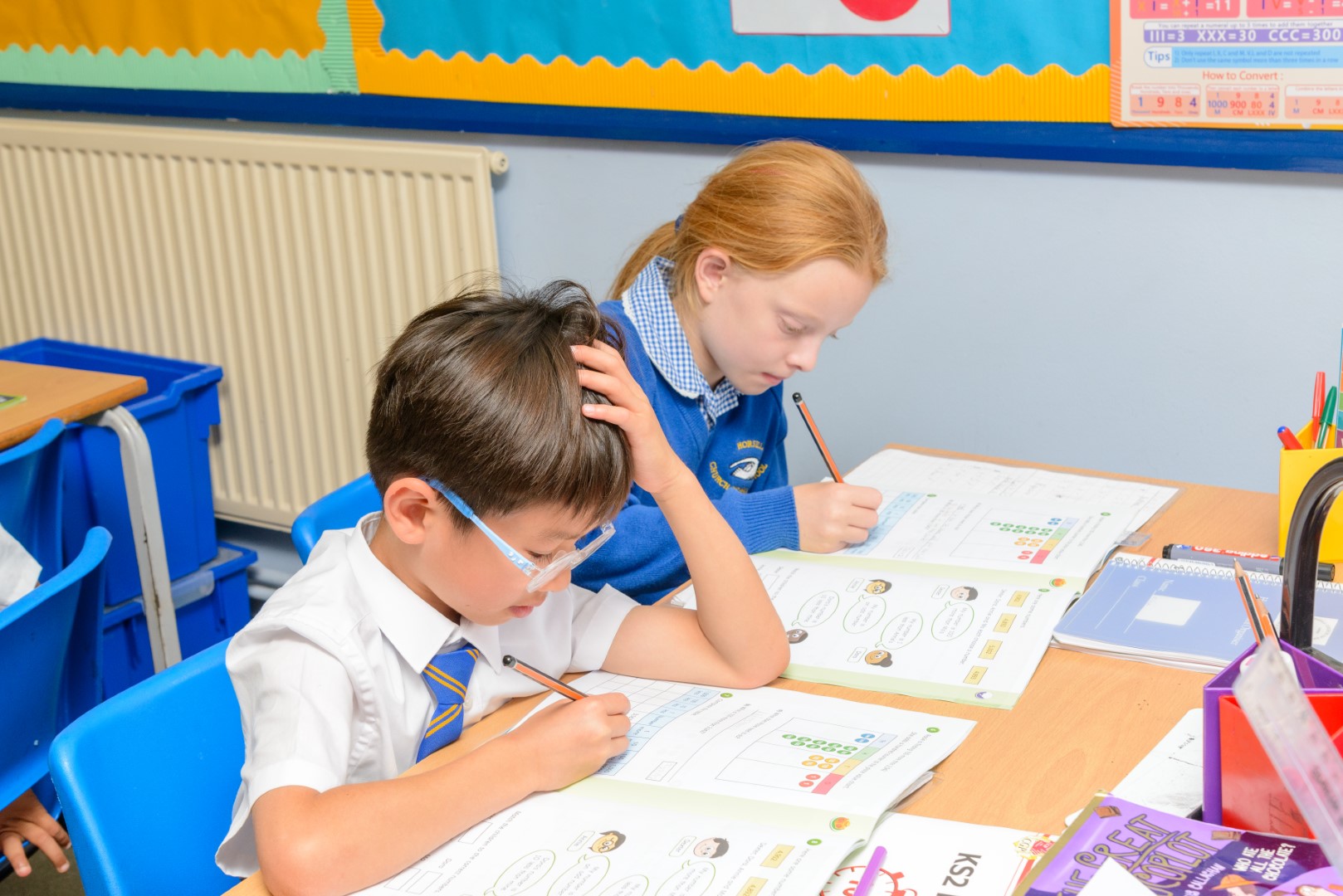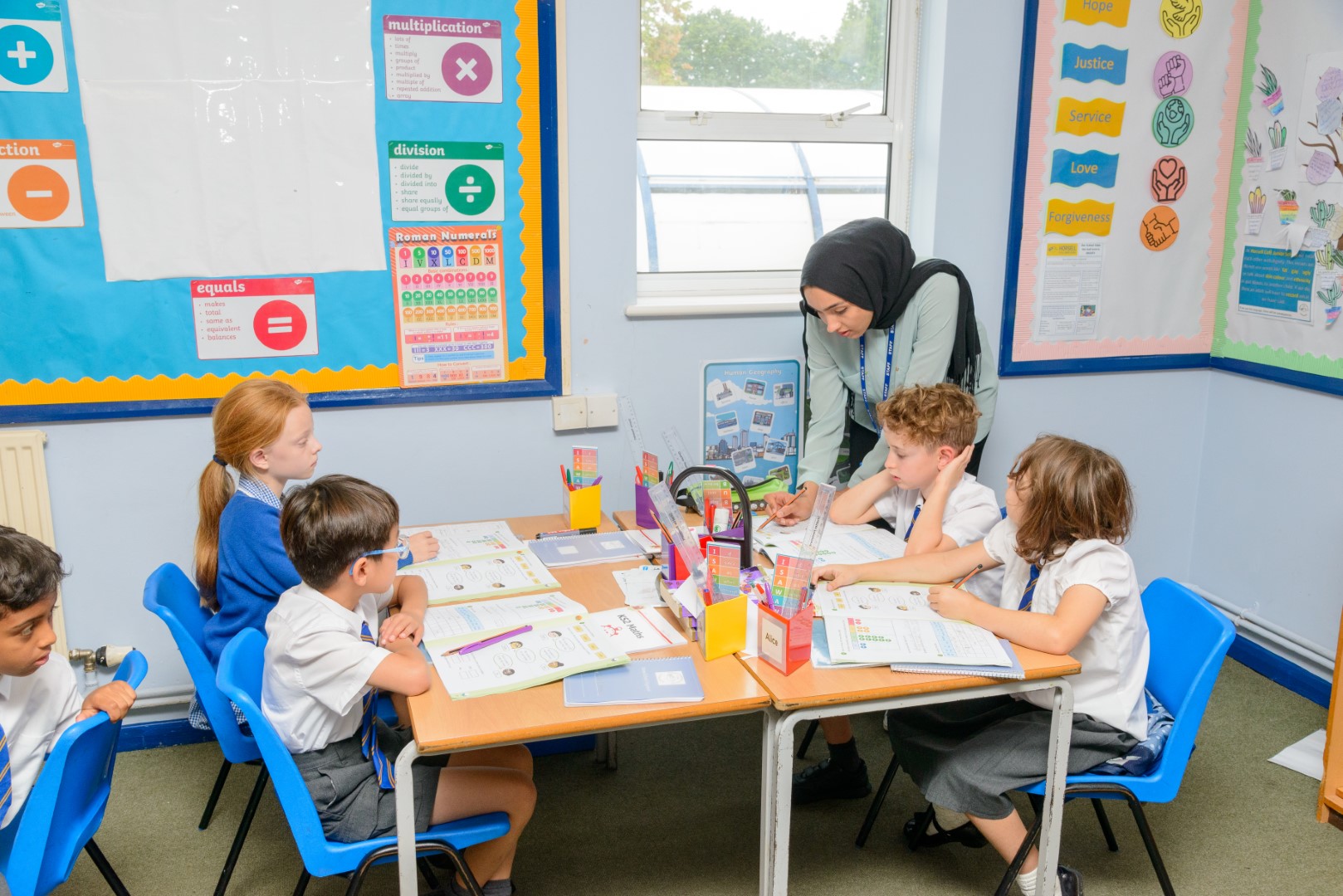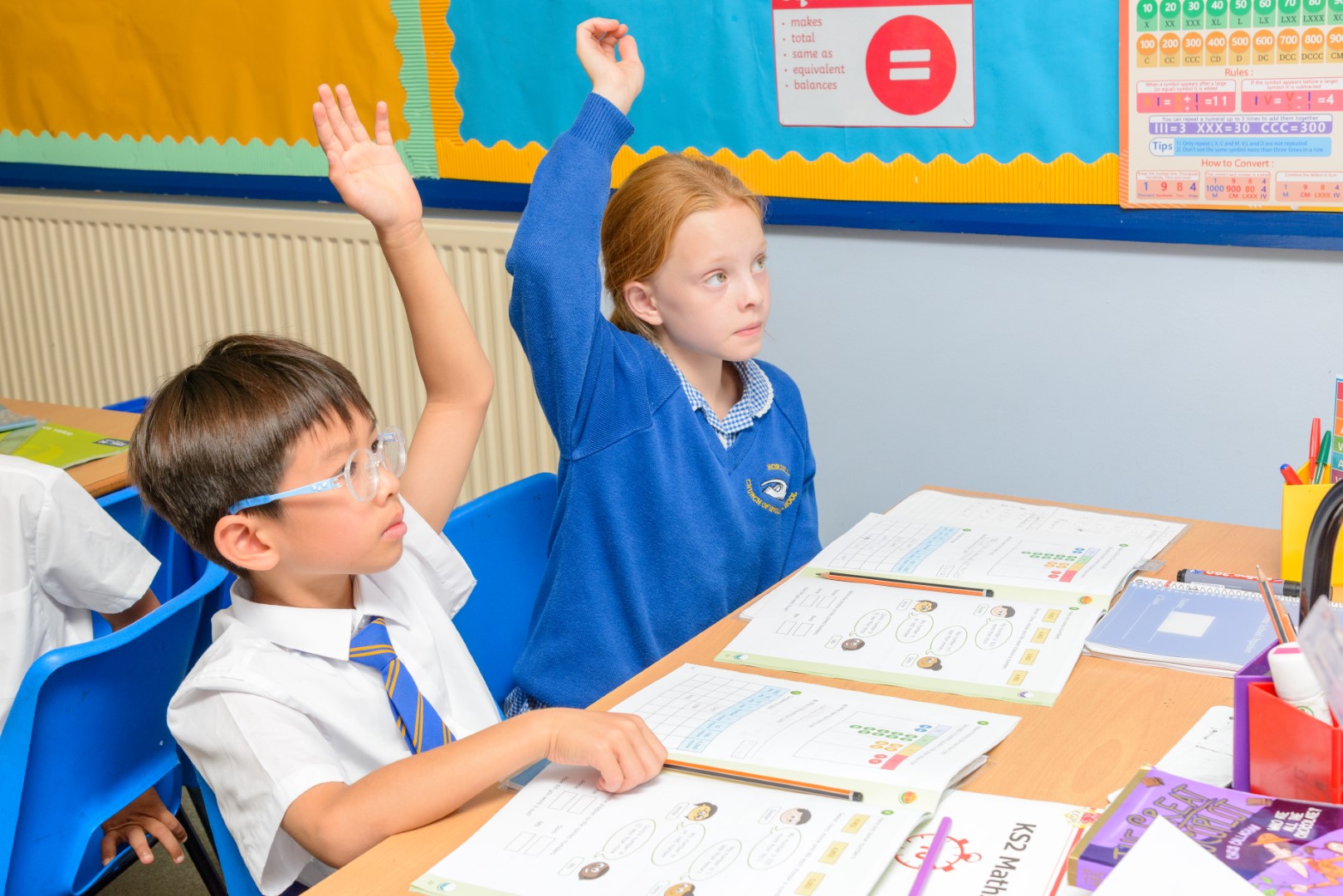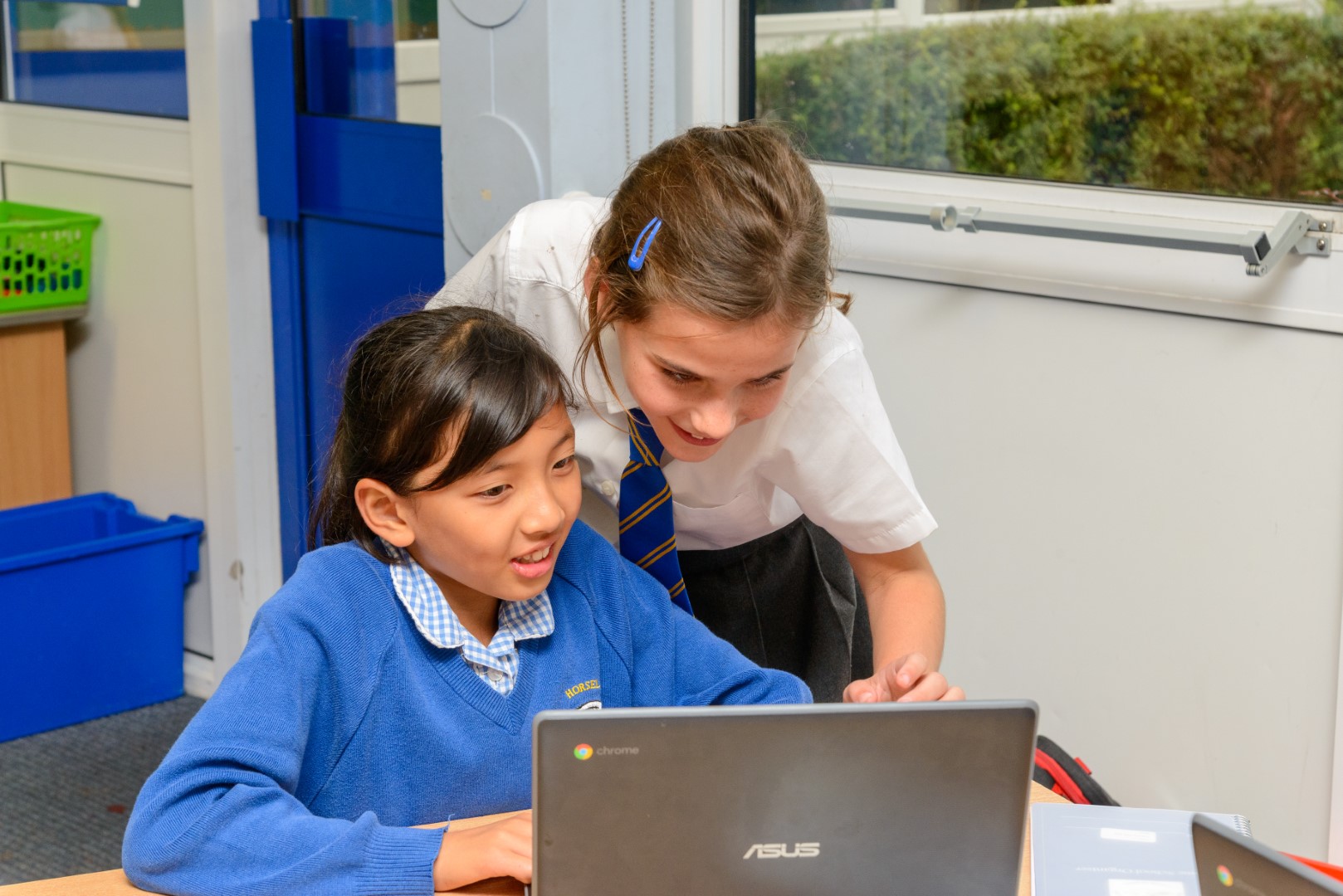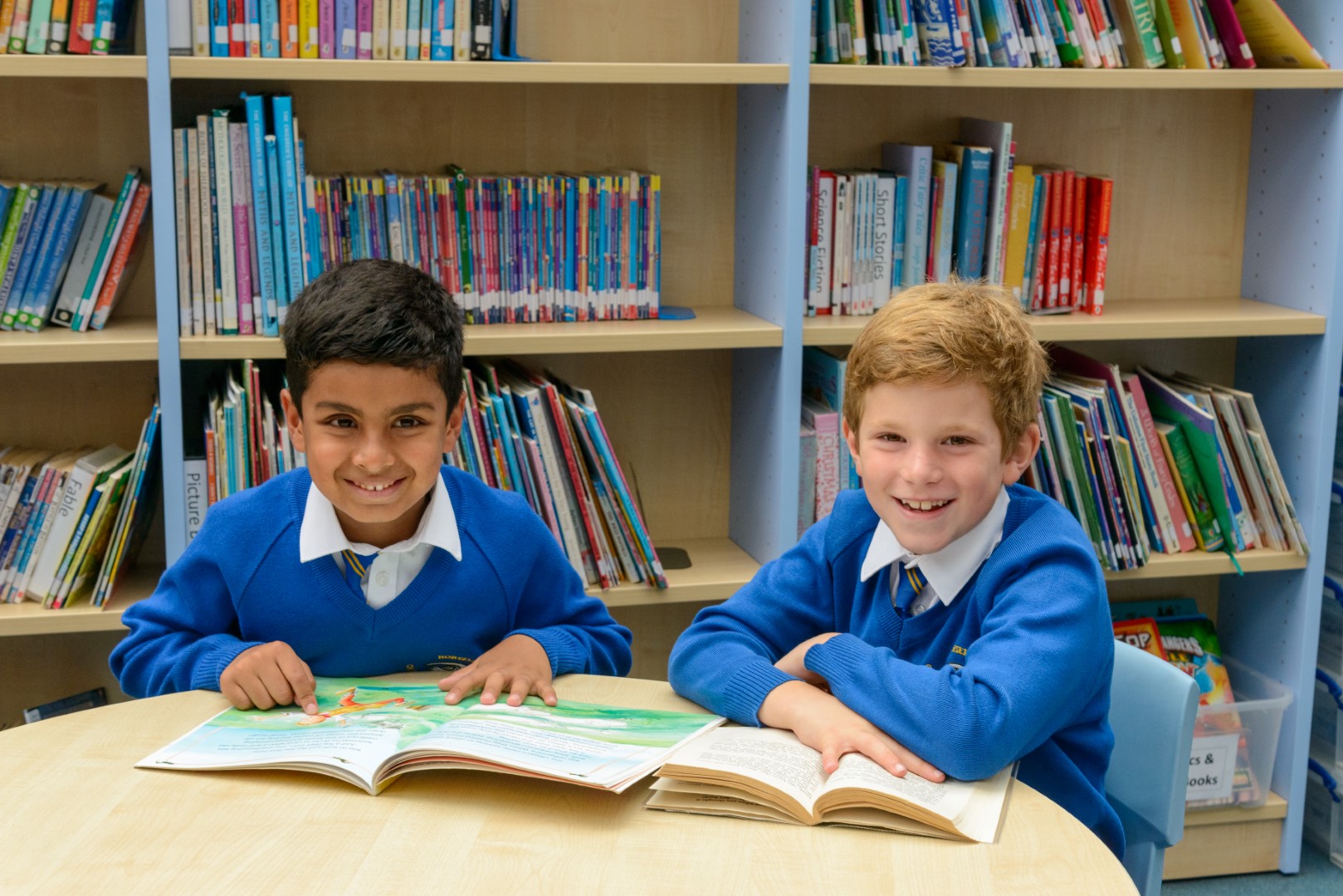Online safety
Keeping children safe online
As a school, we believe online safety is a crucial area of a child's education and we are committed to raising awareness and educating children in this area. Online safety is taught regularly in every year group through our curriculum. Parental involvement is strongly encouraged, and we share support guides to help parents become more knowledgeable when supporting their children using the internet at home.
The school also promotes Safer Internet Day every academic year.
Our Digital Leaders are role models for other children. They lead online safety lessons and support pupil voice for the subject with school leaders. They have raised the profile of online safety within whole school assemblies.
Our curriculum provision is adaptable for the needs of our cohorts. We identify that challenges and trends change and as a school, we are able to respond this. Our computer systems are monitored to keep children safe and regular assemblies are held to support children to make safe choices when using technology.
Intent
“Children have the right to enjoy childhood online, to access safe online spaces, and to benefit from all the opportunities that a connected world can bring to them, appropriate to their age and stage” (UKCIS, 2020).
At Horsell CofE Junior School we want our pupils to become digitally literate, critical, safe and responsible citizens to enable effective and enjoyable experiences in a digital world. We are fully committed to keeping all of our pupils safe and recognise that learning about online safety happens through a range of subjects and approaches. We have adopted the UK Council for Internet Safety’s, ‘Education for a Connected World’ (2020) as a framework of knowledge and skills to support and broaden the provision of online safety education within our school. We recognise that online safety education is a whole school matter and goes well beyond the computing curriculum alone, therefore, our teaching of framework objectives will come in many forms, for example, through discrete online safety, PSHE, as well as other curriculum areas, pastoral interactions, home learning, assemblies and special events. With this approach, it is our intention that pupils will build resilience and develop safe and appropriate behaviours online, which in turn will lead to positive online experiences.
Implementation
Our Online Safety learning is taught through a variety of subjects: PSHE, assemblies, stand-alone lessons and Computing lessons.
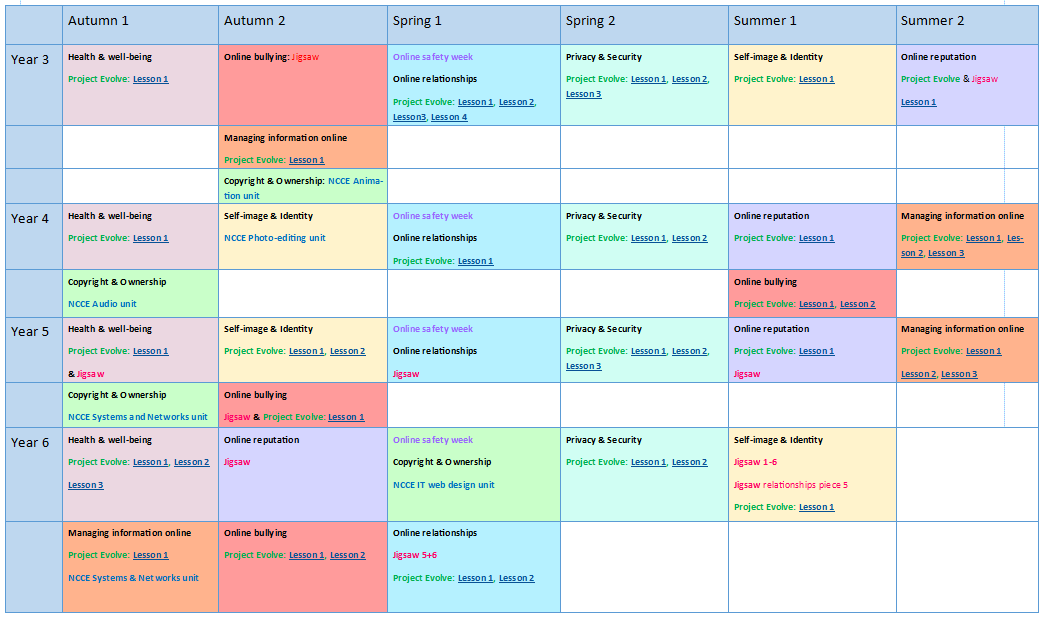
Impact
Children are able to talk about the positives and negatives of online material. They are aware of the psychological impact of technology use and know how to use it responsibly. They are aware the school system is monitored and there has been a considerable decrease in inappropriate language used on devices through a raised profile of our filtering and monitoring systems in whole school assemblies.
Guidance for parents.
The DfE has updated guidance for parents and carers about keeping children safe online.
The BBC has a website and app called Own It. The website has a lot of content for children to help them navigate their online lives, and the free smartphone app comes with a special keyboard which can intervene with help and support in the moments that children need it the most.
Please click on the link below to see the latest edition of Digital Parenting Magazine.
http://www.vodafone.com/content/digital-parenting/learning-and-fun/digital-parenting-magazine.html#
Parent Info is a freely available service launched by CEOP and The Parent Zone which brings together the most up-to-date content aimed at parents. The content is written by leading experts in their fields and covers pornography to eating disorders, sexting to violent extremism. The content is lively and easy to read and comes with all the authority of CEOP and The Parent Zone, leading providers of information and support about online risks.

